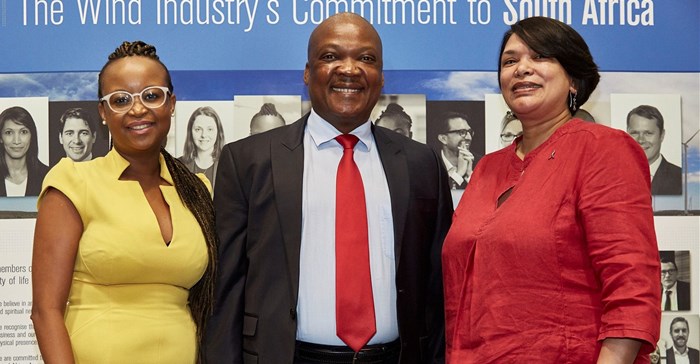
Top stories






More news


Marketing & Media
Ads are coming to AI. Does that really have to be such a bad thing?














With all systems go again, the South African Wind Energy Agency (Sawea) launched its vision for optimising the industry’s long-term investment in the physical, social, environmental and economic development of the country with a commitment statement that goes beyond compliance. The document was unveiled at the Windaba conference in Cape Town.
“It has been rewarding to coordinate the drafting of the industry commitment to South Africa and in the process to consider what we are able to contribute to socio-economic transformation over a 20-year time horizon,” said Brenda Martin, CEO of Sawea. “We want to transform and be transformative.”
Traditionally, industry charters are made with hindsight by mature industries. Recognising the opportunity to set a vision early on that can serve as a touchstone for the maturing industry, the relatively young SA wind industry makes this commitment at a vital moment in its growth. “We are not an old, turgid industry that needs to undo decades of structure,” she said.
The commitment statement is underpinned by six working groups focusing on:
“Being aware of the fears experienced by those affected by the energy transition underway in South Africa, we are articulating our ability to making meaningful contributions to employment creation and socio-economic transformation,” she said.
There are industries that have been in the community for a long time. “Then they no longer there,” said Tebogo Movundlela, CEO of Aurora WindPower. “We live in a country with big youth unemployment and high levels of crime. As an industry, we must carry people where we can.”
While congratulating Sawea on the commitment statement, Marlett Balmer, head: energy efficiency at South African German Energy Programme, GIZ, added a few words of caution.
“The transition away from coal coincides with the introduction of renewables. With the elections in 2019 and the talk of job losses in coal sector, I worry that this vision might be diluted in the debate. I find the debate very combative – with words like ‘the battle for jobs’. Our industry can be the voice of reason in the debate.”
